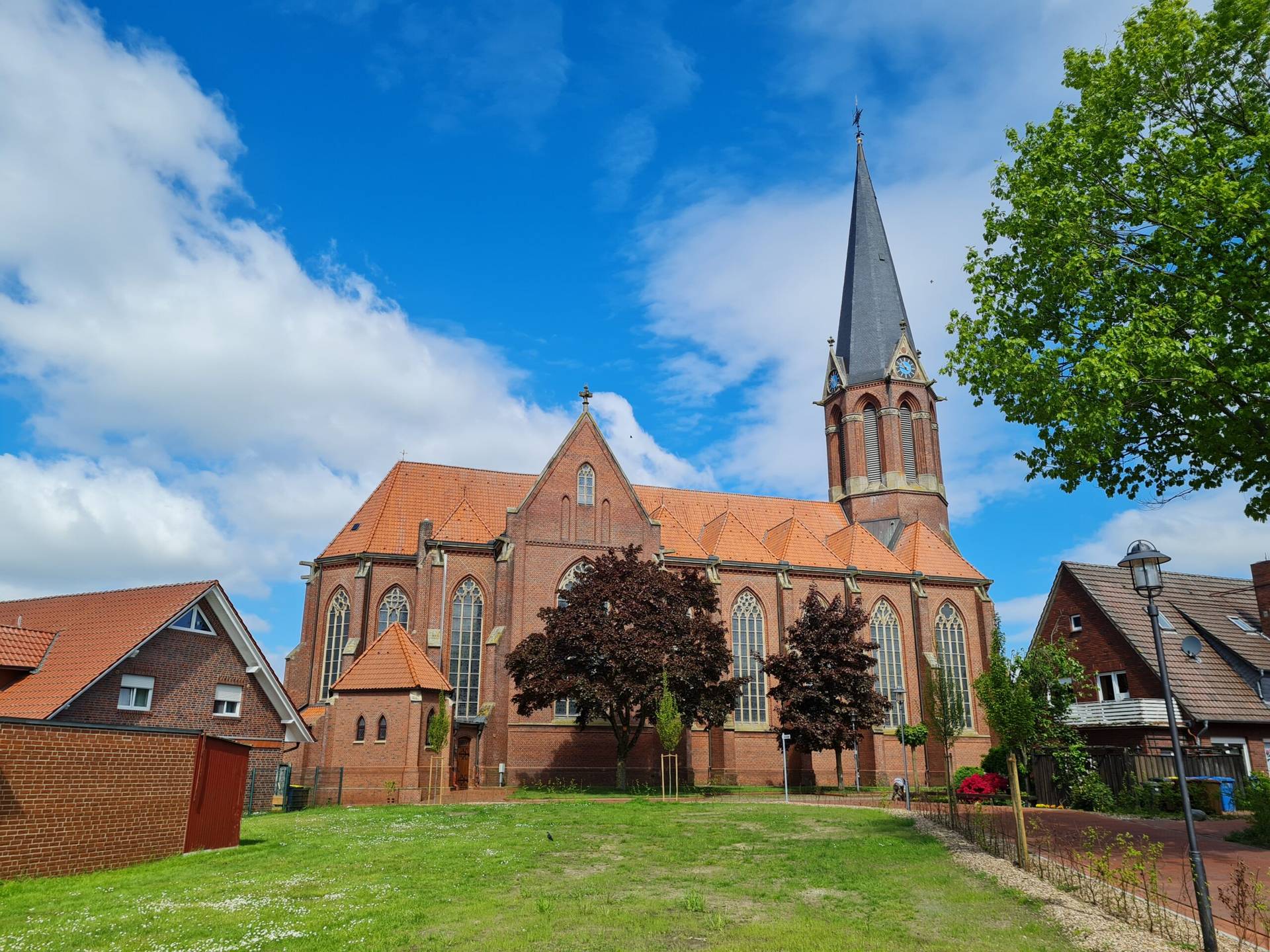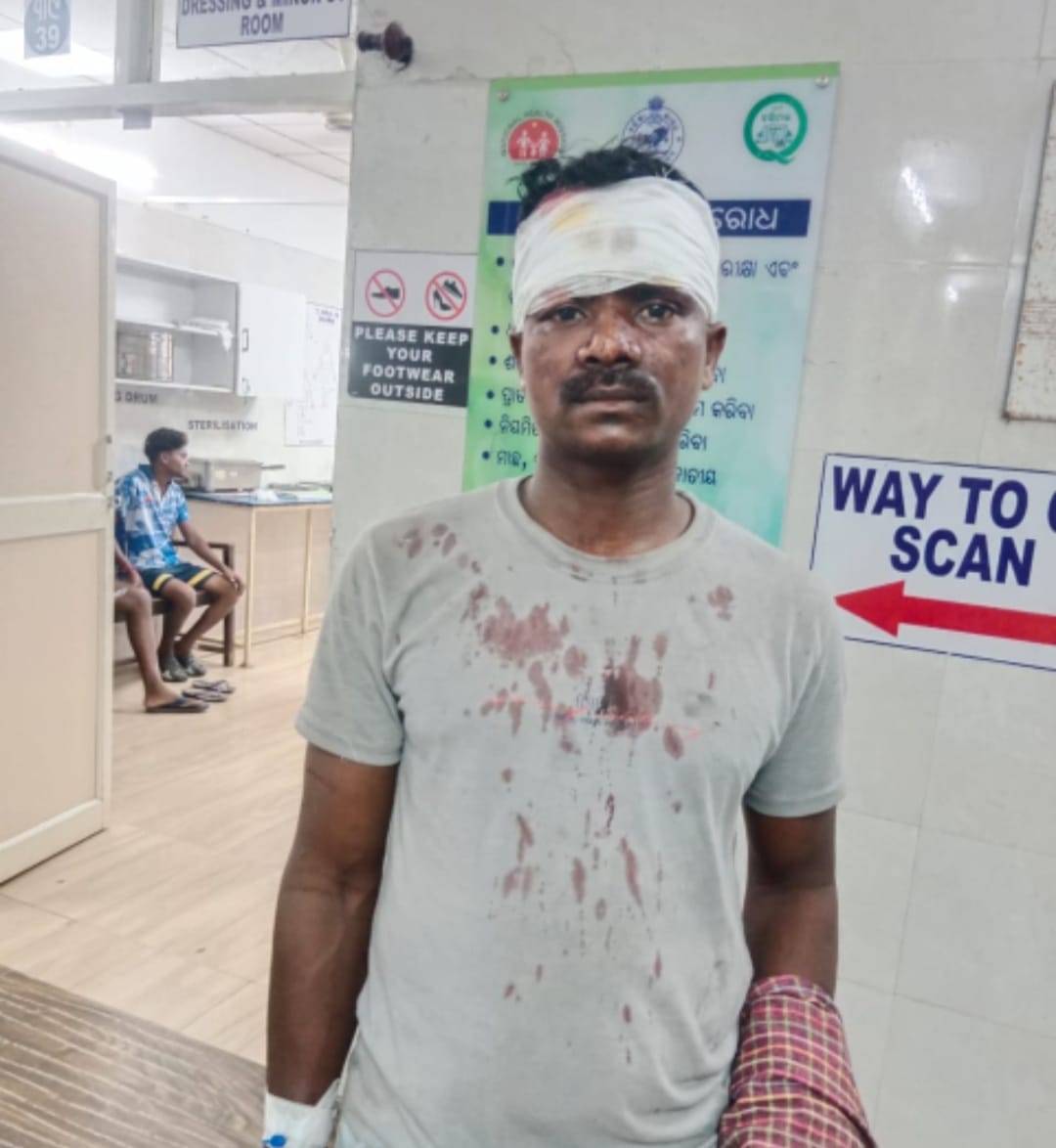MUMBAI, India – A local bishop in India has voiced his objection to a proposed new anti-conversion law in the state of Uttar Pradesh.
The Uttar Pradesh State Law Commission on Thursday submitted a report to Chief Minister Yogi Adityanath suggesting a new law to check “forcible religious conversions.”
The head of the commission, Justice Aditya Nath Mittal, was quoted in local media as saying that “existing legal provisions are not enough to check religious conversion and on this serious matter, a new law is needed like in 10 other [Indian] states.”
The proposed law would increase the punishment for “forced conversion” to seven years if the convert is under 18 or belonging to one of India’s Scheduled Castes or Scheduled Tribes, who have traditionally been on the bottom of the country’s society.
Bishop Gerald John Mathias of Lucknow told Crux the law is not needed.
“The Catholic Church is always against any ‘forceful conversion.’ Forced conversion is a contradictory term; if anyone is forcibly converted, he or she is not actually converted. Unless there is an internal conversion, there is no conversion. There has to be a conversion of ‘heart’ for any real conversion. If a person is not ready to accept Christ, or is unwilling to accept Christ, no amount of force, can convert that person,” the bishop said.
Hindu nationalists often accuse Christians of using force and surreptitious tactics in pursuing conversions, often storming into villages and leading “reconversion” ceremonies in which Christians are compelled to perform Hindu rituals.
Several states in India have anti-conversion laws, despite the fact the country’s national constitution guarantees freedom of religion.
Uttar Pradesh is the most populous state in India, with nearly 200 million people. However, only about 350,000 Christians live in the state, a miniscule 0.18 percent of the population. By comparison, Christians make up nearly 2.5 percent of the whole of India’s population.
Uttar Pradesh, like the national government, is run by the Bharatiya Janata Party (BJP), which strong links to the Rashtriya Swayamsevak Sangh (RSS), a militant Hindu nationalist organization.
Mathias said he thought the anti-conversion law can be misused to harass the small Christian minority.
“Anything can be considered as ‘allurement’: Any charitable work we do can be construed as allurement to conversions,” the bishop said.
“The Catholic Church is engaged in numerous charitable works, our educational institutes, our health care services, all serve the people of every faith and creed, and caste, including the poorest of the poor, Tribals and Dalits, without discrimination. All this can come under scrutiny and baseless fabricated as allurements or fraudulent conversion activities,” the bishop told Crux.
He said the Church has seen a “spurt in incidents against the Christians.”
“There have been many cases of harassment, threats, intimidation, and even verbal and physical abuse. We have constitutional guarantees of religious freedom, which guarantees freedom to practice, preach and Propagate our faith,” Mathias said.
“The Church does not proselytize: People are attracted to Christ. Can we stop it? In all true conversion it’s the individual’s conscience, his or her own free will which he exercises. Additionally, the process for adult baptism, the Rite of Christian Initiation, takes one to two years,” he said.
Father Anand Mathew, founder of Kashi Qaumi Ekta Manch – a forum for intercommunal harmony – said the proposed new law can be used by anti-Christian elements to harass missionaries who are involved in social transformation among the poorest of the poor.
“The new law suggested by the Uttar Pradesh Law Panel is to check forced conversion. Forced conversion is an evil thing and should be considered a crime,” he told Crux. “But the big question is who is doing forced conversion. Neither Muslims nor Christians indulge in forced conversion. There have been many cases of forced conversion of Christians and Muslims into the Hindu fold conducted by some militant Hindu organizations, calling it Ghar Waspi, or Home Return.”
Mathew said the legislation could also create problems for those who run Christian prayer meetings and healing services, which are frequented by large number of Scheduled Caste and Tribal communities.
“There are people of all castes attending these meetings. It is true that these meetings result in conversion of hearts, but a change from one community to another rarely takes place,” the priest said.
“But politically-vested elements are prejudiced and afraid of these prayer groups. Although people attending these prayer groups continue to be part of the same society of which they have been living with. Their food habits, dress, names etc. remain the same,” he added.
Last year, Father Vineet Vincent Pereira, of the Diocese of Varanasi, was beaten, arrested, and detained for 25 hours when he was accused of holding an “unlawful assembly” at the Ishwar Dham prayer center.
He noted that most of the people who attend his Sunday services are non-Christians, since “I don’t have Christians at all here.”
“I am not worried about this new proposal by the law commission, as we do not baptize anyone forcibly or fraudulently nor indulge in conversion activities,” he told Crux.
He said all of the charges against him have been “taken back,” but added “they can come up anytime.”
Mathew said despite the risks, the Christian community does not have to oppose the law, “but should make it clear that the community does not in any way advocate forced conversion.”
“At the same time, it should also stand firm in favor of voluntary conversion as a human right. Every Christian has a fundamental duty to share the good news. Conflicts, prejudices, persecutions and even martyrdom are part of Christian living,” the priest told Crux.
Crux is dedicated to smart, wired and independent reporting on the Vatican and worldwide Catholic Church. That kind of reporting doesn’t come cheap, and we need your support. You can help Crux by giving a small amount monthly, or with a onetime gift. Please remember, Crux is a for-profit organization, so contributions are not tax-deductible.

















